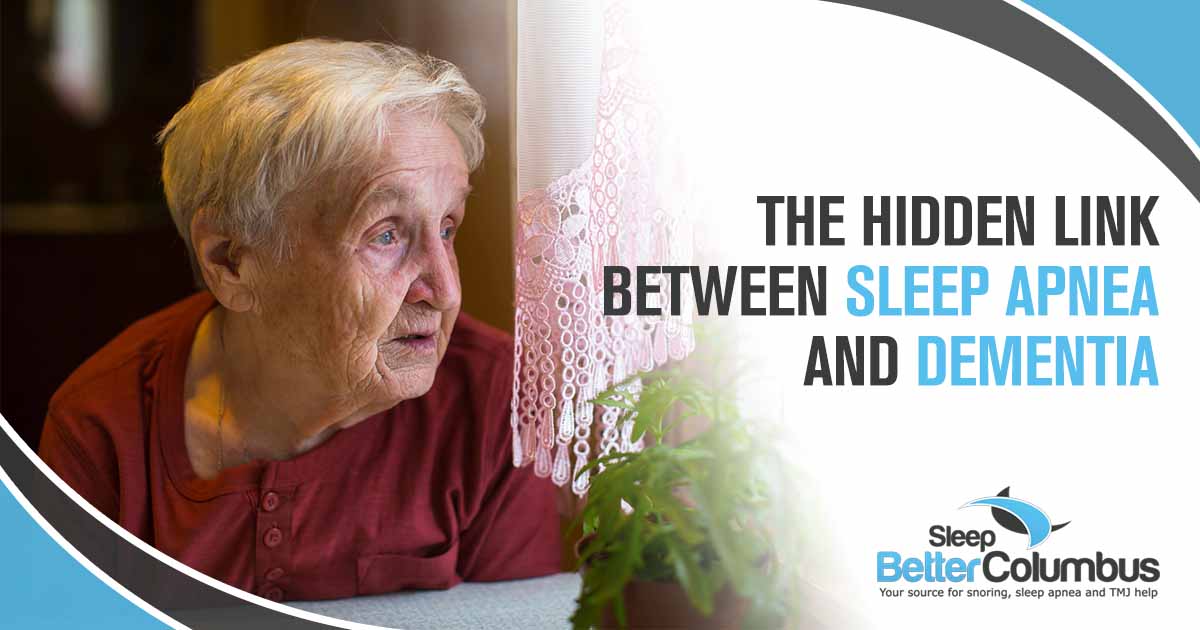Sleep apnea is often thought of as a simple sleep disorder, but research continues to reveal its far-reaching effects on health. A recent study highlights a significant connection between sleep apnea and an increased risk of dementia in women, emphasizing the importance of early diagnosis and effective treatment.
Understanding the Sleep Apnea and Dementia Connection & Research
A study published in Sleep Advances found that women with obstructive sleep apnea (OSA) face a higher risk of developing dementia compared to men. According to Dr. Tiffany Joy Braley, lead author and associate professor of neurology at the University of Michigan, OSA is “a common, under-diagnosed yet treatable condition that is associated with important pathological changes in the brain…[that] overlap with many brain changes seen in people with cognitive decline and dementia.”
The 10-year longitudinal study also noted sex-specific differences in dementia risk, with coauthor Galit Levi Dunietz, PhD, MPH, highlighting that “women may be at higher risk for dementia” due to factors such as longer life expectancy, health behaviors, and social determinants of health.
This research provides further evidence of the critical role sleep plays in brain health and how untreated sleep apnea may accelerate cognitive decline.
Why Sleep Matters for Brain Health
Sleep plays a vital role in cognitive function and overall health. During deep sleep, the brain undergoes critical processes, such as clearing out waste products and consolidating memories. When sleep is disrupted by apnea, these restorative activities are impaired, potentially accelerating cognitive decline.
Noninvasive Solutions for Sleep Apnea
If you or a loved one suspects sleep apnea, seeking treatment is essential—not just for better sleep, but also for long-term brain health. While continuous positive airway pressure (CPAP) machines are a well-known option, many patients struggle with their use due to discomfort or inconvenience.
Fortunately, oral appliance therapy offers a practical and effective alternative. These custom-fitted devices gently reposition the jaw to keep the airway open during sleep, reducing apnea episodes without the bulk of a machine. Many patients find oral appliances more comfortable and easier to maintain, making them a great solution for long-term compliance.
The Importance of Early Intervention
If you snore, wake up feeling tired, or suspect you might have sleep apnea, don’t wait to seek help. Early intervention can not only improve your sleep quality but also protect your cognitive health as you age. Women, in particular, should be vigilant about monitoring their sleep patterns and addressing any concerns promptly.
Take the First Step Toward Better Sleep and Brain Health
At Sleep Better Columbus, we specialize in providing noninvasive oral appliance therapy for sleep apnea. Our team is committed to helping you achieve restful, restorative sleep and protecting your long-term health.

